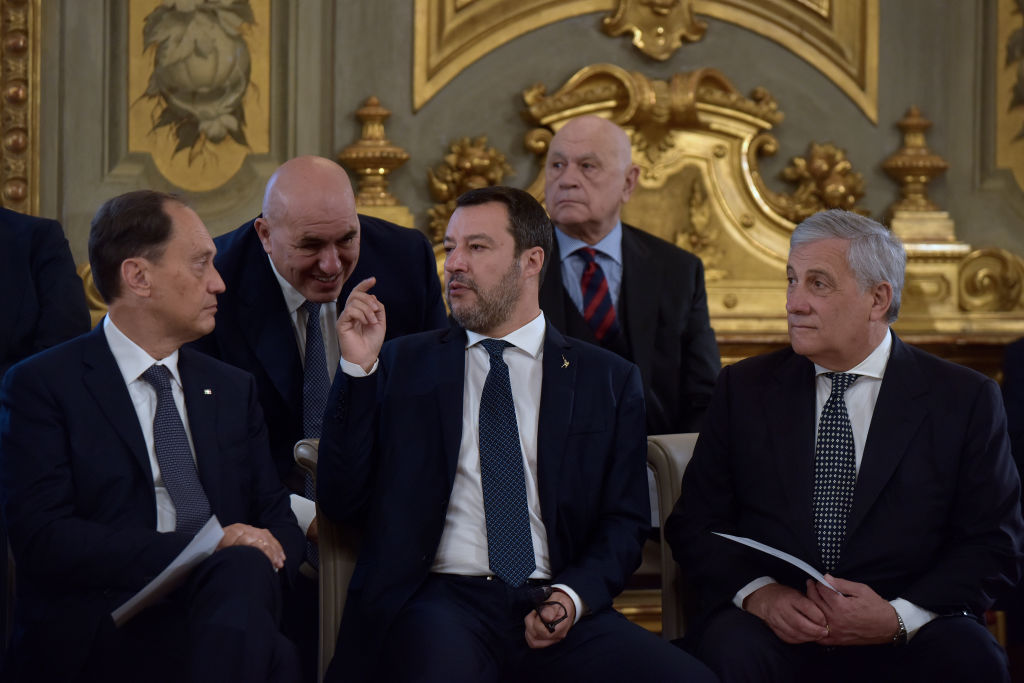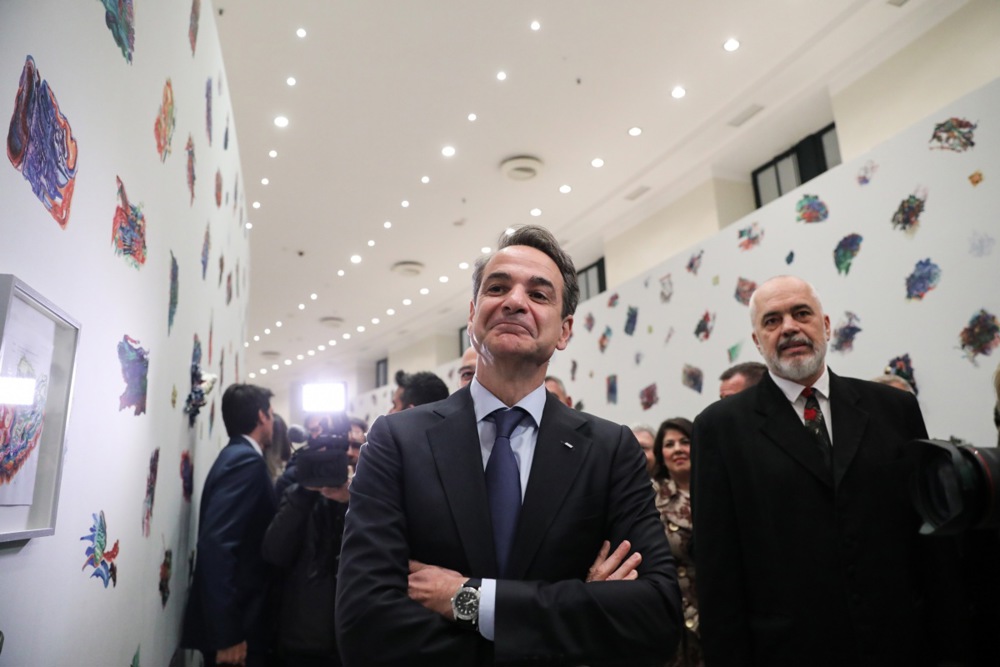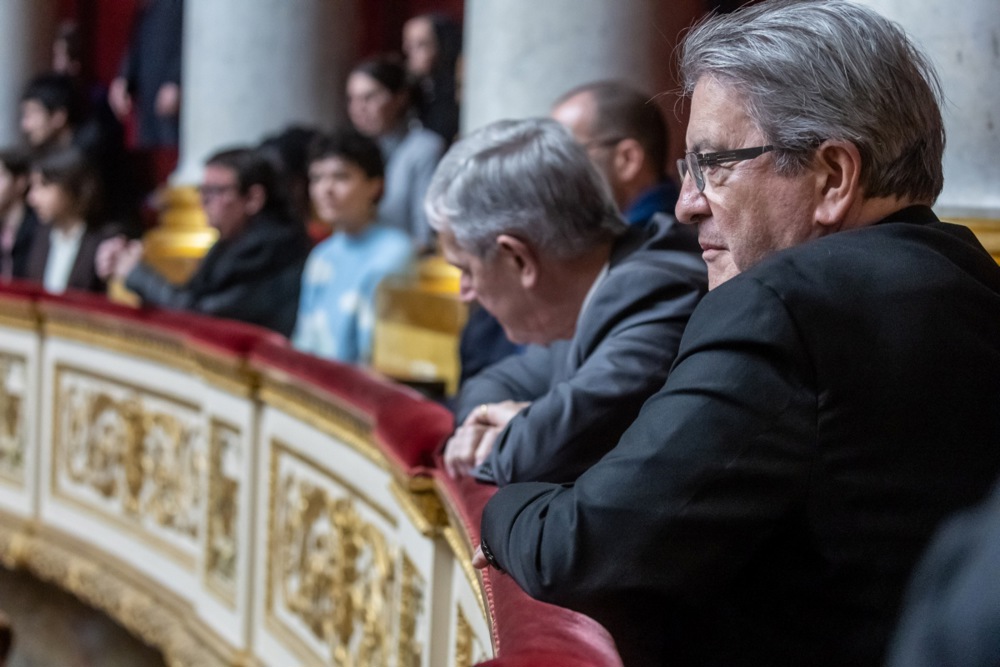An apparent rise in Euroscepticism in Nordic countries may be fuelled by the dwindling employment of Nordic nationals among European Union institutions.
Similar to many Northern European countries, the EU is struggling to hire enough employees from countries such as Denmark, Sweden and Finland.
This is sparking a number of concerns, particularly that fewer Nordic workers in Brussels will lead them to want to lessen EU influence in their home countries.
“This is really becoming a political problem,” warned Swedish diplomat Matilda Rotkirch.
Maintaining that the issue went beyond a simple question of staffing and diversity, she added that if the EU doesn’t “fix this problem, it could spread anti-EU sentiments in the Member States”.
The chief causes behind the under-representation of Nordics in the EU seems to be that job opportunities and pay are better in their home countries. Additionally, many cite the eurocratic selection procedures, the infamous concours, as simply being too long and arduous to navigate.
The spread of Euroscepticism is an increasing concern to many in Brussels, as parties such as the Sweden Democrats and the national-populist Finns Party have become important partners in their respective national governments. In June, the Finnish Government called for a restriction on new powers being taken by the EU away from Member States.
Recent developments in the national-conservative and populist parties in Sweden and Finland have seen them returning to a harder line on Brussels’ involvement.
In May, Jimmy Åkesson, the leader of the Sweden Democrats – the second-biggest party in the country – said that both his party and Sweden needed to seriously “re-evaluate” their EU membership.
“Our general elections in Sweden will soon cease to have any significance in Sweden’s development. Naturally, we can’t allow that to happen”, he wrote.
One of his party’s top MEPs Charlie Weimers echoed Åkesson’s fears. In an interview with UK tabloid the Daily Mail he said that Brexit had been an “inspirational” example of democracy and warned that the EU was increasingly taking the wrong direction towards federalism.
For others, the cause of rising Euroscepticism is more straightforward and broader than just how jobs are doled out in Brussels.
Speaking to Brussels Signal, Romanian MEP Cristian Terheș echoed the Sweden Democrats’ concerns that the EU was taking too much power, saying its “unelected bureaucracy transformed the EU into a tool to enslave the European nations and people”.
In light of this, he added, the “Nordics’ reaction” against the EU’s “auto-destructive trend … is logical.”
With the 2024 EU elections looming, Terheș said that the focus must shift back to the national level and that “the EU must return to serving the Member States and their citizens”.
The question of under-employment among EU institutions, he said, was just one more example of pressure on the bloc’s authorities.
“When EU bureaucracy is turning away from the people, it is expected and normal that people will turn away from it and demand change”, he added.





